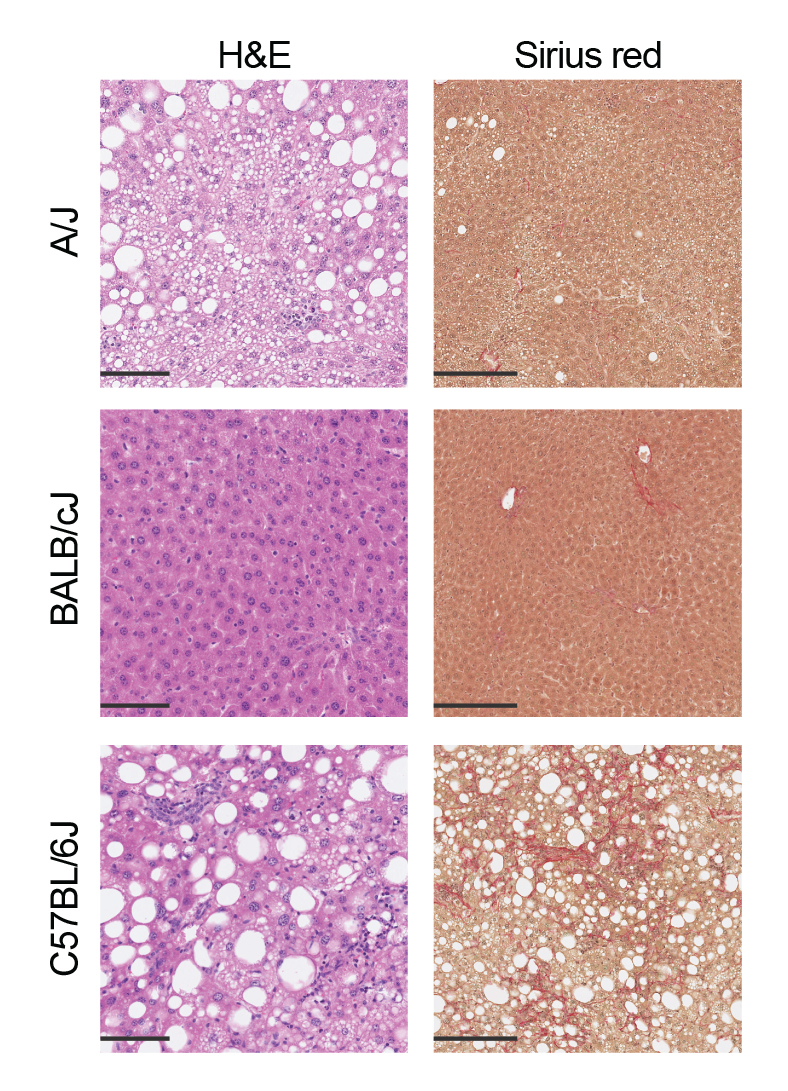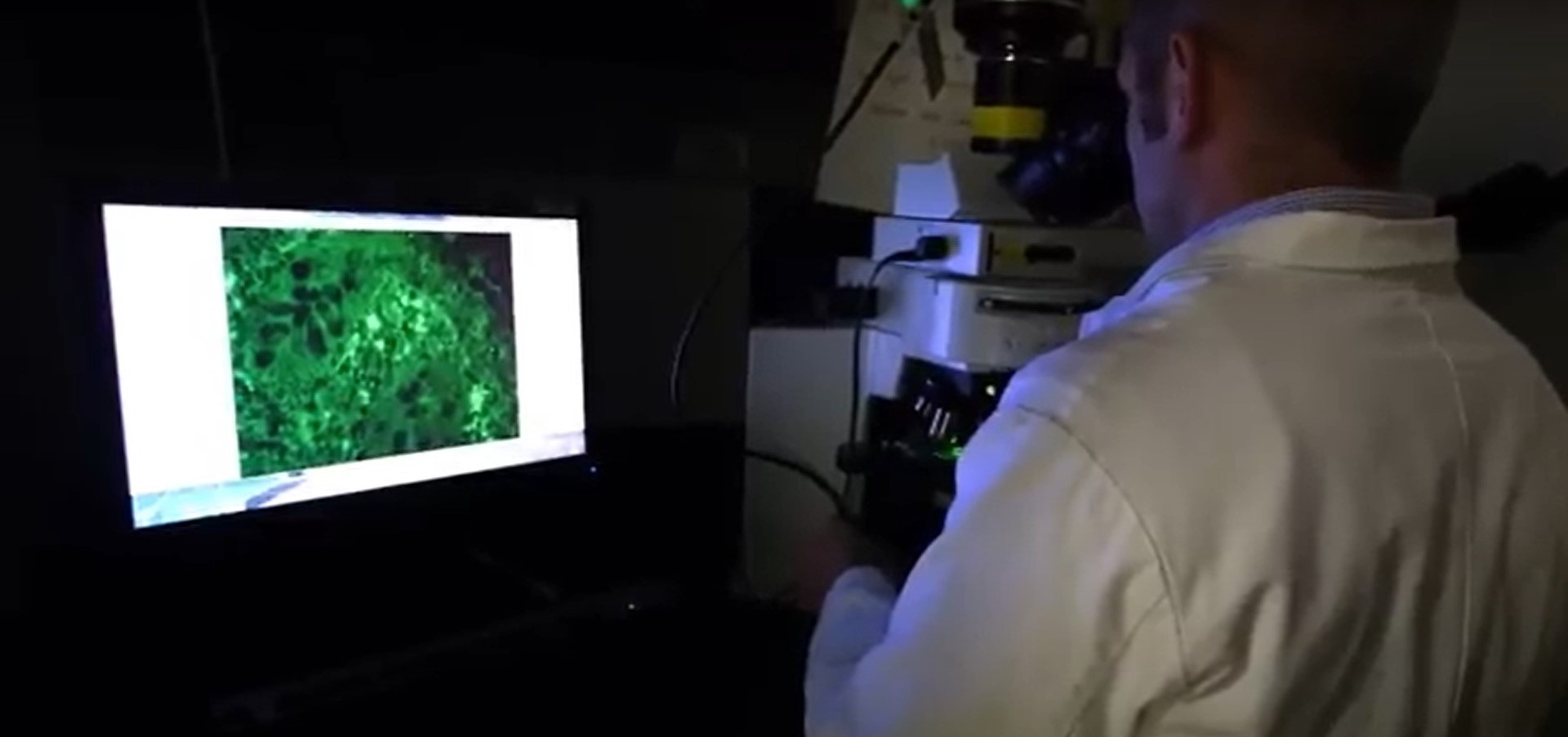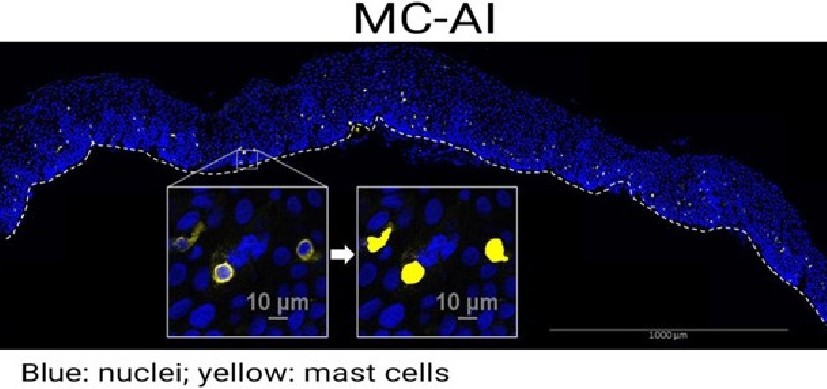Profiling the Liver’s Frontline Defender
Research By: Ty Troutman, PhD
Post Date: September 21, 2023 | Publish Date: Sept. 21, 2023

Advanced analysis of Kupffer cells may help researchers boost the liver’s ability to defend itself from toxins, infections and unhealthy diets
Kupffer cells are a special type of macrophage, or scavenger cell, that gets produced in liver tissue rather than bone marrow. This vital member of the immune system acts as the liver’s first line of defense when the bloodstream pipes in a stew of viruses, bacteria, alcohol, and unhealthy levels of dietary fats and sugars that need to be filtered out of the body.
Given the ongoing short supply of donor organs, scientists have been exploring ways to help Kupffer cells do their jobs more effectively, which could prevent or delay liver failure. Some are exploring whether transplanting healthy versions of Kupffer cells can replace dysfunctional populations. Some are considering using these relatively large cells as vehicles to carry nanoparticles or immune therapies directly to tumors and other targeted cells. Others have looked for ways to suppress Kupffer cells when they cause runaway inflammatory responses.
Now a study co-authored by a molecular immunology expert at Cincinnati Children’s may help advance such efforts. The paper, published online Sept. 21, 2023, in Nature Immunology, defines how the local environment in the liver and genetic background control gene expression in Kupffer cells. The team reports that the ways these cells respond to liver damage can change in major ways according to a complex mix of direct—or cis–and indirect—or trans–causes.
For lab teams, the study emphasizes how much the genetic background of a chosen mouse strain influences cellular biology research results.
“An important outcome of this study was finding that Kupffer cell transcription in different strains of mice was primarily controlled by non-cell autonomous trans effects of genetic variation rather than direct cis and cell autonomous trans effects,” says co-corresponding author Ty Troutman, PhD, with the Division of Allergy and Immunology at Cincinnati Children’s.
For patients with liver disease, the study also reports that when Kupffer cells carry more receptors for leptin—a hormone known for reducing weight gain and inflammation—they may make the liver more resistant to inflammatory damage. This finding has implications for diseases such as nonalcoholic fatty liver disease (NAFLD)—now called metabolic dysfunction-associated steatotic liver disease (MASLD).
Troutman joined Cincinnati Children’s in 2021. He began research for this publication as a postdoctoral fellow at the University of California, San Diego, and completed the work after transitioning to Cincinnati.
| Original title: | Systematic analysis of transcriptional and epigenetic effects of genetic variation in Kupffer cells enables discrimination of cell intrinsic and environment-dependent mechanisms |
| Published in: | Nature Immunology |
| Publish date: | Sept. 21, 2023 |
Research By

The Troutman Lab investigates the functions of tissue-residing myeloid cells, including macrophages, in regulating health and disease.






